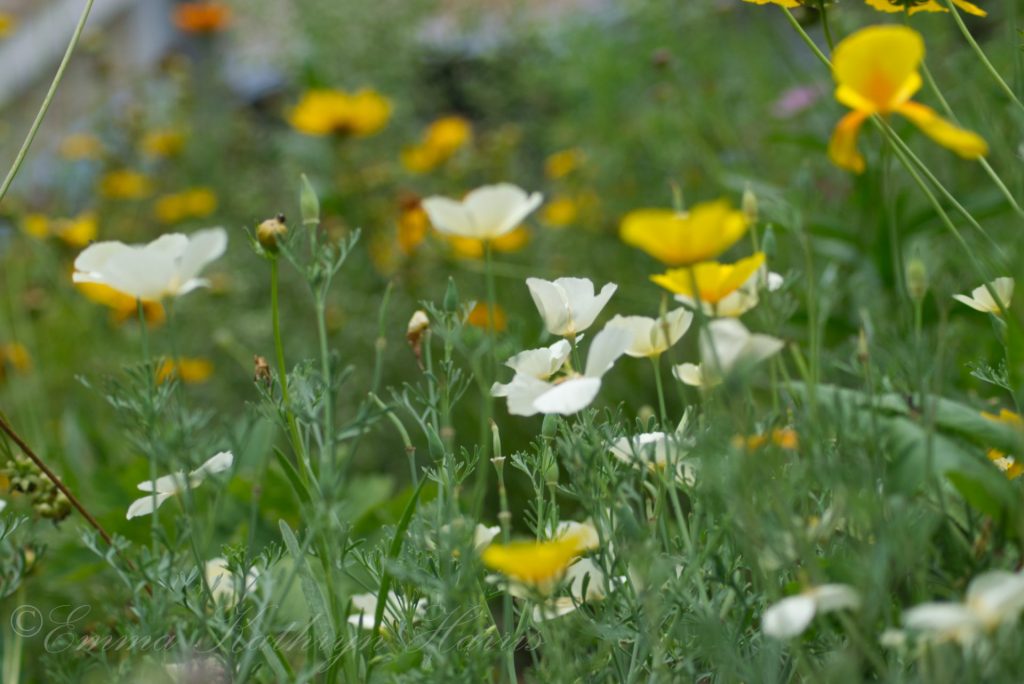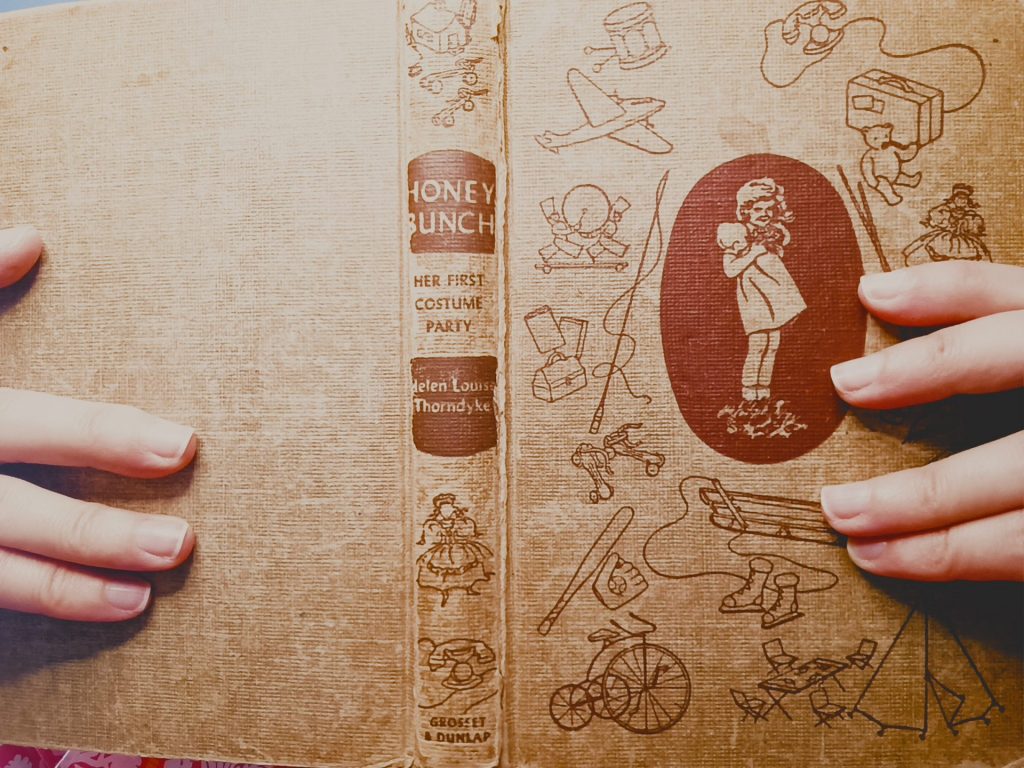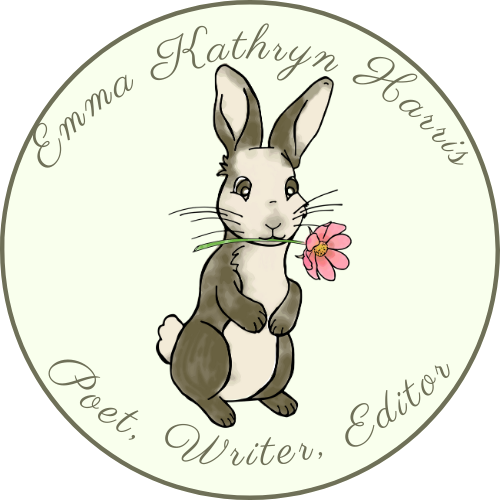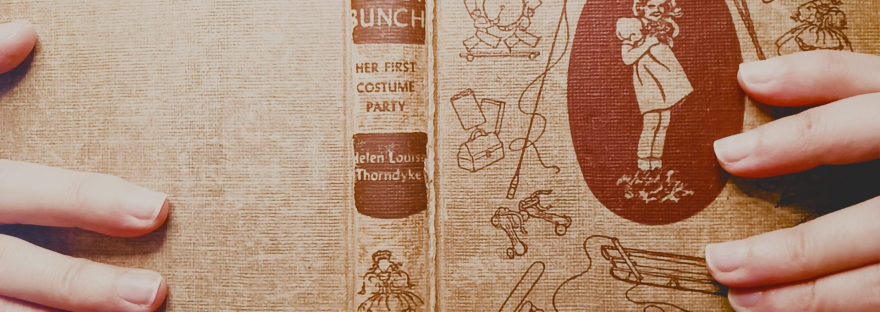You know you’ve read a good book when you turn the last page and feel a little as if you have lost a friend.”
Paul Sweeney, author
In elementary school, I was a voracious reader. Okay, maybe not as I am today (if I’m not writing, I’m definitely reading). The school used to run reading contests (competition—here I come!) so that if you read a certain amount by a certain date, you would win prizes. Of course, I cannot remember how many books we were supposed to read or even what all the prizes were. I do remember the grand prize which was a seat at the lunch table with someone special in the community. Although, I can’t recall who they were.
Which tells me I wasn’t at the table much.
There was a fellow classmate who read more than me. Instead of playing on the swings or jungle gym at recess, she walked around, book in hand. I’m convinced too, that instead of running wildly through the woods after school like the rest of us restless children, she hid in her room and read. Hence, she won a lot of those contests. Her data sheet was always full and admittedly, I was jealous and tried to catch up. But reading those thick books meant a lot of hours and sometimes, the outdoors were too much of a tempting draw.
To be a good writer, we need to be a good reader.
My Kindle runs challenges each season. There are no prizes; just the satisfaction you’ve taken on the challenge and read XX amount of books. It also keeps track of my reading streak and I’m thrilled I haven’t broken it since the one time, one day last fall, I did break it and had to begin again. So far, 245 days in a row and counting. Apparently, I compete with myself.
Reading my first novel at a young age
It hit me this morning that my desire to read and my love of reading (regardless of the contests) began when I was young. I read my first novel—”Honey Bunch—Her First Costume Party,” by Helen Louise Thorndyke (1943)—when I was seven years old. And like most traits and habits that are born and shaped in our childhood, these continue throughout our adulthood as learned behaviors.
“Of course Honey Bunch is the kind of little girl who will always find interesting and exciting things to do.”
“Honey Bunch — Her first costume party,” by Helen Louise Thorndyke
I’m thrilled the habit of reading stayed with me. This is what has helped me in my writing life and career. My writing is shaped, not only through practice and experience, but what I read.
As writers, it is important to be voracious readers. And not just read what is in the genre we write in, but read a variety of material. Fiction and nonfiction books of various genres and themes, essays, poetry, children’s books, magazine articles. This variety helps shape our skill, our voice, and our view of the world.
To be a good writer, we need to be a good reader.
I also find it helpful that when I am about to embark on a specific writing project, such as a poem or lyrical essay, I read a little in that subject as a warm-up, which then catapults me into my writing.

Right now, I’m reading several books—four poetry books, three books of essays, two educational books (one on writing poetry, the other on editing), and a novel. No, I’m not reading them all at the same time (that would be a skill!), but I read whatever I am in the mood for or what I need at the moment.
The outside still calls to me. I do most of my reading and long-hand writing in the fresh air. Because…why can’t we experience both?



